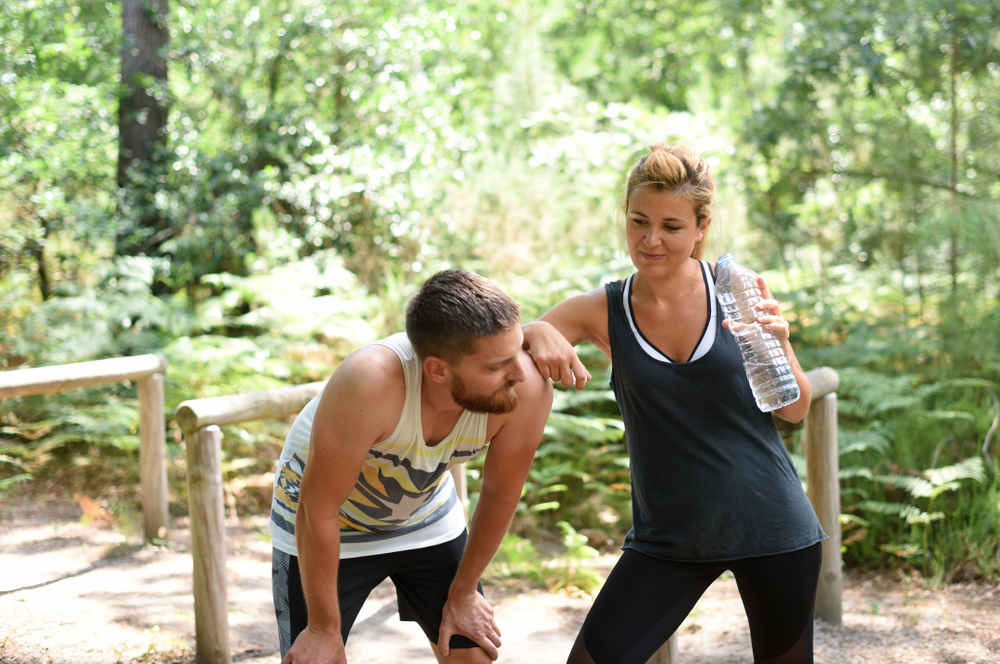When you have built your identity around being a people pleaser and you feel responsible for your partner’s well-being, you might be in a codependent relationship. While the desire to help and support a loved one comes naturally to many people, codependency means you ignore the things you need to be happy while you pour all your emotional resources into caring for your partner.
Why Is Codependency Harmful?
Codependent relationships are fundamentally unhealthy because they involve an imbalance of power. Ultimately, they are not beneficial for either partner because they involve one person sacrificing their needs and desires to look after for the other.
Often, codependency begins in early childhood as a coping mechanism for children who grow up with absent, abusive or neglectful parents. For example, a young child might start to believe assuming adult responsibilities is the only way to earn approval from an irresponsible, distant or mentally unstable parent.
Codependency is also a hallmark of families impacted by substance use disorders. Typically, one partner will take care of the other to the extent of enabling their addictive behavior and allowing it to worsen. Examples of enabling in a codependent relationship include making excuses for a person’s unexplained absences from work or continuing to buy them drugs after they’ve drained their bank account dry.
Women and Codependency
Why does codependency come naturally to so many women? In some cases, unhealthy helping and giving stems from outdated cultural expectations and gender norms. Many parents of little girls raise them to be considerate and put others’ needs first. Traditional feminine roles such as wife and mother put unrealistic pressure on women to shoulder a disproportionate burden of caretaking and emotional labor in their relationships. As a result of these beliefs, women may martyr themselves because they are trying to live up to an unattainable ideal of womanhood.
Of course, there’s nothing inherently wrong with having a nurturing instinct and doing kind things for others. But sometimes, it helps to take a step back and look at your relationships from a different angle. If you are constantly exhausting your emotional resources or doing tasks your partner refuses to tackle, that unsustainable level of self-sacrifice will eventually wear you down.
Are You in a Codependent Relationship?
You might be codependent without realizing it. Questions to ask yourself include:
- Do you routinely ignore self-care, leaving your needs unmet while you look after others?
- Do any of the things you do constitute enabling?
- Are you hoping you can “fix” your partner’s unhealthy behavior?
- Do you derive a sense of purpose from rescuing or taking the blame for other people?
- Is it important for your partner to stay with you so they can avoid adult responsibility or consequences?
- Is it challenging for you to establish, maintain and reinforce boundaries?
- Do you have trouble speaking up for yourself or expressing your needs and wants?
Women’s-Only Continuing Care
If you are struggling with addiction or codependency, don’t lose hope. At Canyon Crossing, we offer a safe and nurturing space where women can learn to navigate negative emotions and practice coping skills that will support them on their recovery journey. Women who rely on drugs or alcohol to get through life benefit most from an addiction treatment program that recognizes their unique needs. Contact us today when you’re ready to learn more.



